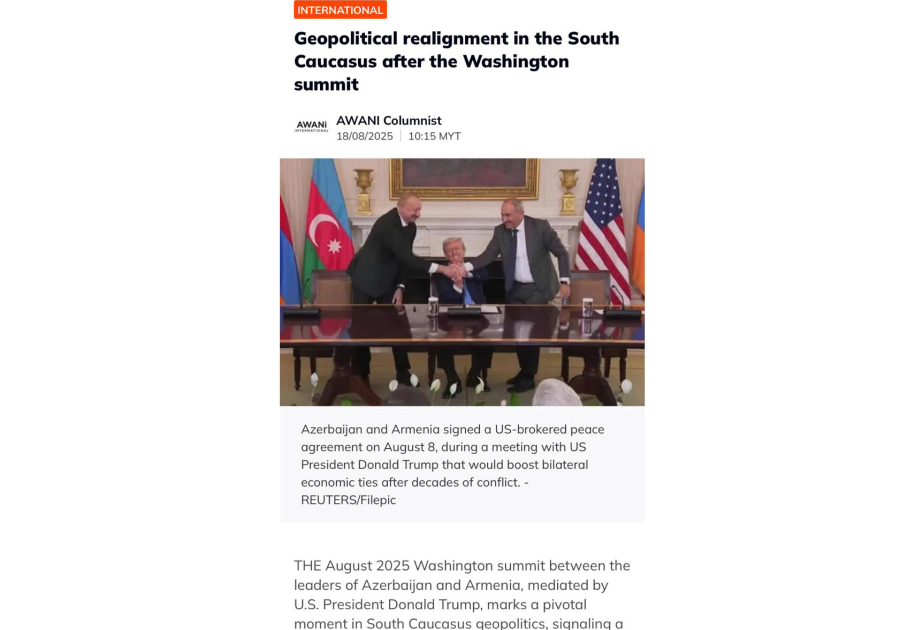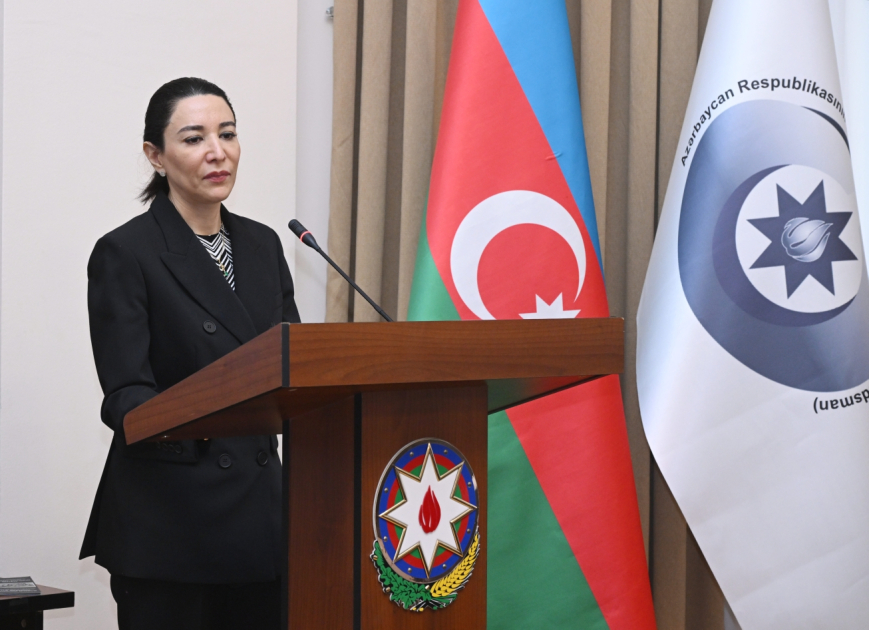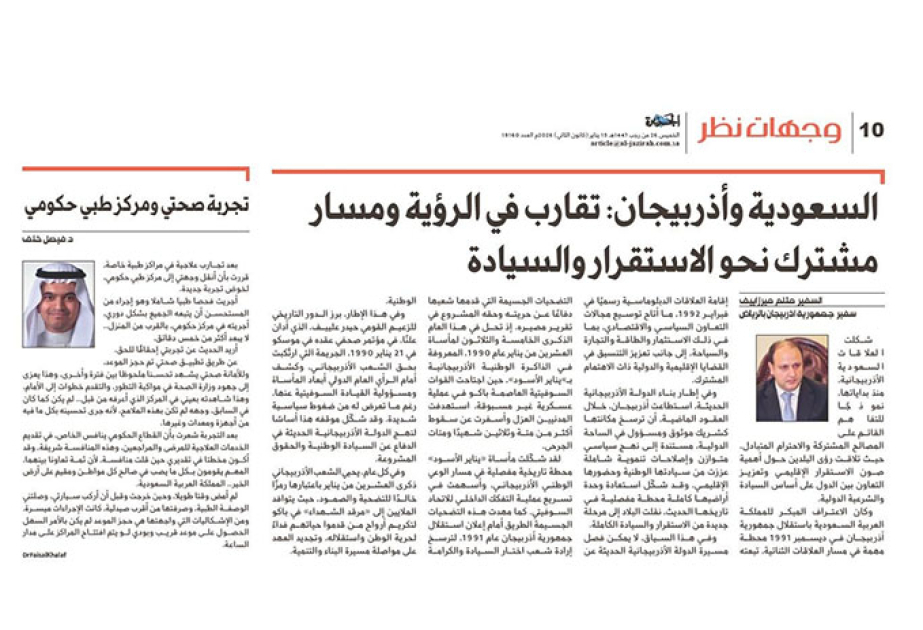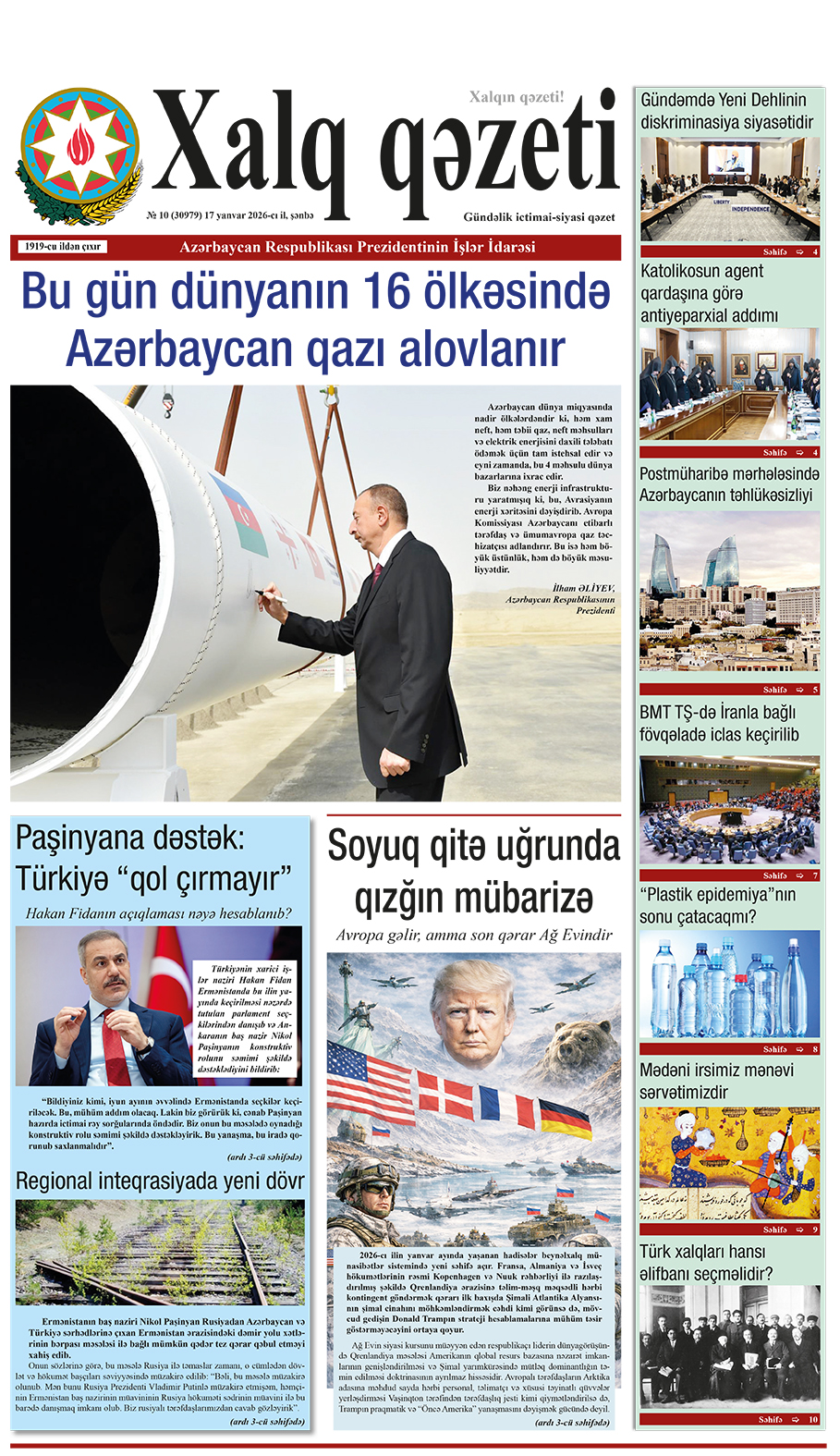Malaysia’s leading media outlet Astro Awani has published an article by Vusal Guliyev, an expert at the Center for Analysis of International Relations of Azerbaijan.
Headlined “Geopolitical realignment in the South Caucasus After the Washington summit,” the article noted that the August 2025 Washington summit between the leaders of Azerbaijan and Armenia, mediated by U.S. President Donald Trump, marks a pivotal moment in South Caucasus geopolitics, signaling a fundamental realignment of regional power dynamics. By establishing the Trump Route for International Peace and Prosperity (TRIPP), a transportation corridor with exclusive U.S. development rights, the agreement repositions Washington as the primary arbiter and strategic partner in the region.
The article mentioned that the TRIPP, incorporating railways, energy pipelines, and fiber-optic lines, will link mainland Azerbaijan to the Nakhchivan Autonomous Republic and from there to Türkiye, becoming both a physical link and a strategic lever, embedding geo-economic ambitions within the peace framework.
The article also provided historical context on the Armenia-Azerbaijan conflict, noting that the outcomes of Azerbaijan’s military operations in 2020 and 2023, ending the Armenian occupation, altered the balance of influence in the region, creating space for various diplomatic actors. This power vacuum, coupled with the discrediting of previous formats, opened the way for the United States to step in with a fresh diplomatic approach grounded in pragmatic geo-economic interests. Additionally, one of the summit’s outcomes mentioned is the lifting by President Trump of the longstanding restrictions imposed on U.S.-Azerbaijan defense and security cooperation under Section 907. The shift in mediation structures was underscored by another landmark outcome: Azerbaijan and Armenia’s joint request to dissolve the OSCE Minsk Group.
“Türkiye welcomed the peace deal and the corridor, viewing it as the strategic missing link in its Middle Corridor vision, one that will accelerate overland trade between Europe and Asia via Türkiye. This infrastructure link complements Türkiye’s broader diplomatic and economic outreach in Eurasia, aligning with its ambitions to be both a regional hub and a bridge between continents,” the article said.
“Russia’s public response to the Washington agreement was measured, with the Foreign Ministry welcoming any steps toward stability in the South Caucasus. Beneath this diplomatic restraint, however, lay clear resentment. Russian politicians and commentators accused Armenia of strategic betrayal, warning that the deal sidelines Moscow’s role as the region’s chief mediator,” it further noted.
The article also mentioned that Iran publicly welcomed the peace accord, adding that Tehran is concerned that the corridor undermines its strategic transit role.
The Washington agreement is both a milestone of U.S.-led diplomacy and the opening of a new chapter in South Caucasus geopolitics, the author concluded.
Shahin Jafarov
Special correspondent







.jpg)










